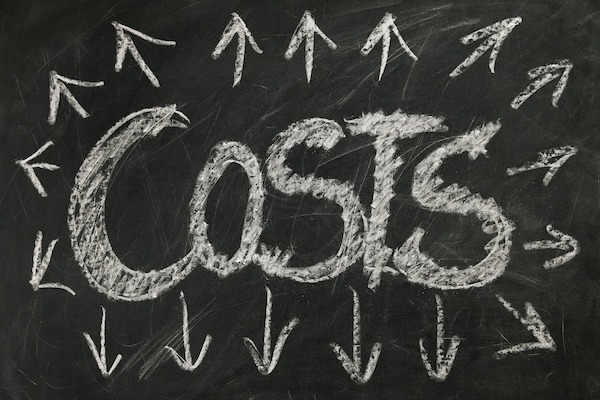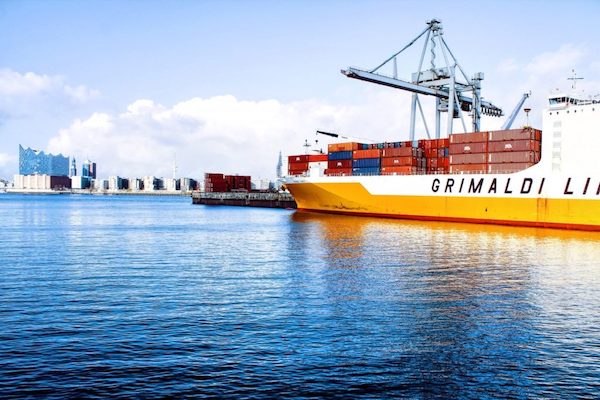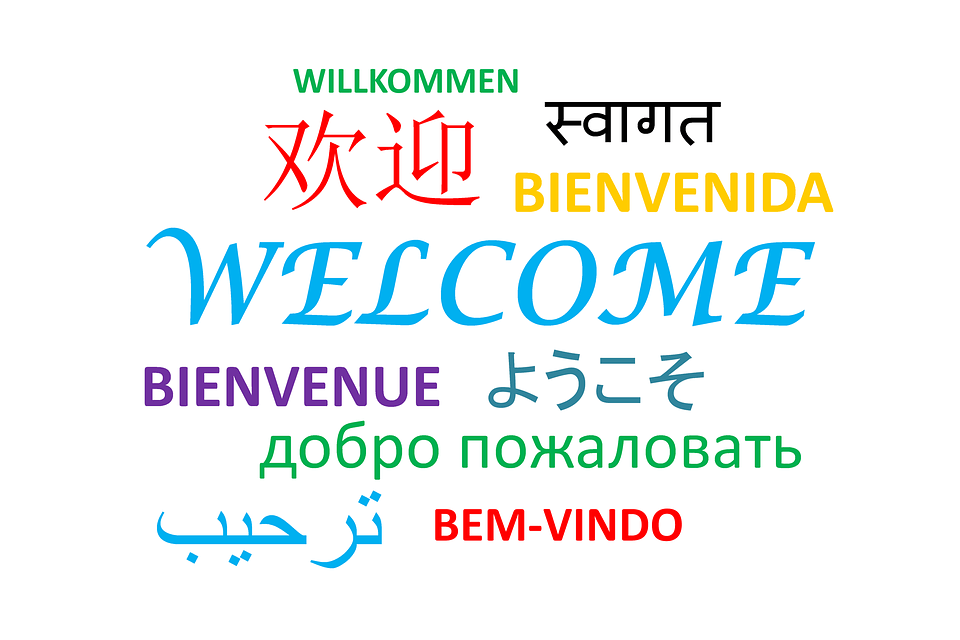What Can You Do To Make The Process Easier?
There are a number of things you can do before you actually move that will make the transition much easier. I can’t recommend it enough to plan ahead, consider everything you’ll need and get anything done whilst still in your home country as it makes working and living far less stressful when you first move.

I assume that you'll be needing somewhere to live in your new country, so I recommend doing some research online. Find a few places and go out there to have a proper look at them. I know that it sounds like hassle, but it will be worth it's while to know where it's situated and what it looks like, and how much it's all going to cost. A great way to maximise the results of your time there is to book as many viewings as possible within a short time space, as this will allow you to see the most homes possible.
Nowadays, especially after the pandemic, there are many sites that will let you take virtual tours of properties, which can be a far easier and more affordable way to get an idea of what a house is really like.
If you plan on living somewhere, then you definitely want to make sure its exactly what you’re looking for! Click here for a more in-depth guide on how to look for somewhere to live, and what processes you might have to go through before you can start living there.
Don't forget that many countries won't even let you buy or rent long-term if you don't have a permit to work whilst you stay in that country, so be sure to check and sort this before you start your search.

Financial planning is another crucial element to moving abroad, so make sure you have had a look at general moving and living costs in the areas that you’re looking to move into. This is another thing you can find out long before you move and will help establish how different the cost of living will be and what other costs may incur whilst moving.
Things to consider are grocery costs, fuel, public transport and potentially tax rates too; these all vary from country to country and will all affect how much money you’ll be able to save. Make sure you don’t overlook anything small, because trust me, it can add up and shock you later on!
Once you’ve established where you’re going to move and how much it will cost, another thing you can do in advance to ensure an easy transition is research. Lots and lots of research. By this I mean looking into the country you’ll move to and finding out things like laws, requirements for different things and what you’ll need to work. To read more about working documents, click here.
All countries will have different laws and you want to make sure you abide by these at all times. Obviously if you’re moving to a nearby or similar country it will most likely be the same, but a move from West to far East for example will definitely bring a huge change in culture and law.

Now I’m guessing you’ll also have some stuff to take with you. If you’re going to be brave and leave everything behind then you won’t have this problem, but if like most you’ve got some stuff you need or want to take with you then you’ll need to consider how. Clothes alone will fill your luggage allowance so for any extras, especially furniture, you're going to need to look into shipping. This will be expensive so be prepared. Obviously the closer you move the cheaper and if you can, use the slowest shipping option.
It will save you a lot of money and in my opinion is definitely worth it, so look into this as early as possible and ship your stuff as soon as you can to ensure your stuff arrives when you do. And when moving to a new country I strongly advise saving money wherever possible, so avoid those higher costs if you can!
 Another must when moving to a new country is setting up a new bank account so you can earn money and spend in that country. These days most banks will let you create an account online so you can begin the process before you move and arrive in your new country.
Another must when moving to a new country is setting up a new bank account so you can earn money and spend in that country. These days most banks will let you create an account online so you can begin the process before you move and arrive in your new country.
Research which banks may be best and offer the best services and begin creating your account online. If you are moving to Germany then I strongly advise choosing something other than Postbank. For me it's just been expensive and fairly useless if I’m honest. To read more and to find out about other work-related requirements, click here.

Finally, an obvious one is learn the language of the country you’ll move to. If there is no language change then you’re good to go and you can skip to another article. But given the high chance of a language change I reckon lots of you will need to master a new language.
And trust me, even if your new job will be in English, don’t think that saves you. You need to know the new language otherwise things will go wrong...basic general instructions, health and safety warnings, news reports, taxes will all be extremely hard to follow if you have no idea on the language they are written in.
Use websites and online courses where you can listen as this is crucial and will help the most. This is another thing you should do as soon as possible as learning a whole new language certainly is not easy, trust me! Oh and if you're learning German like me, the grammar rules will hurt your brain so take your time with it.
I hope the general suggestions above were of use to you and help you to remember everything you will or may need, and to plan far ahead in the future. I did not manage this and it definitely caused some issues, so I hope you don’t make the same mistakes now. If you have any more questions, more specifically on Germany then send me a question via the Contact Page.